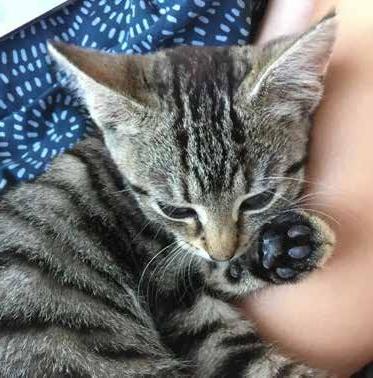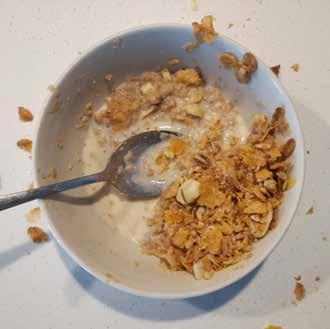theMillwatermag
vetspeak My Pet Can’t Have Worms... RIGHT?
Reality: All that needs to happen for a pet to pick up worms is to come in contact with infected faeces. This can be a tiny trace of faeces on the grass from a neighbourhood dog or cat, or even some wild animals. They can step in it, or sniff with their nose, and then lick their nose or paws, and the microscopic eggs are now in their gut where they can infect the pet. Myth: I monitor my dog’s/cat’s bowel movements and my dog/ cat looks well, so they cannot have worms. Reality: Almost all dogs/cats will have some levels of worms; mostly they shed eggs which are microscopic and too small for us to see. A small number of worms in the gut of a healthy dog or cat can show no external symptoms but they are still passing eggs in their faeces and infecting the surrounding environment. If they are vomiting or having diarrhoea due to worms, that means they have a lot of worms. Myth: If I don’t see worms, I don’t need to worry about it.
There are often misconceptions regarding worms in pets. Here are some of the more common ones and the realities that surround them. Myth: My cat or dog can’t have worms because they are just a puppy/kitten. Reality: Puppies are born with intestinal worms. This occurs because worms resting within the mother’s body are stimulated to grow by hormones secreted during pregnancy. The newlydeveloped worms within the mother pass through the placenta and into puppies before they are born. In addition, worms are passed through their mother’s milk to puppies and kittens. Myth: My cat/dog doesn’t go outdoors much, so they can’t pick up worms.
Reality: Even if we don’t see worms, the most common types (roundworms, hookworms) can infect humans as well, especially those that are young, old or immune-compromised. This is why it is especially important to regularly worm pets and clean the environment in homes with children, the elderly or the immunecompromised. Dog worm eggs only become dangerous to humans once they’ve incubated in the environment for a few weeks, giving the eggs time to mature to the infective stage. So, the risk is old dog faeces which is another reason why it’s so important to pick up fresh faeces. In general, we recommend worming adult dogs and cats every 3 months. If you struggle to pill feed your pet, you’re welcome to pop them down for a nurse to dose at no extra cost (other than the worming tablet). We can set up a reminder in our system and text you when your worming treatment is due. If you have any questions or queries about worming please give us a call or pop in to the clinic. Millwater Vet Hospital 09 427 9201

























